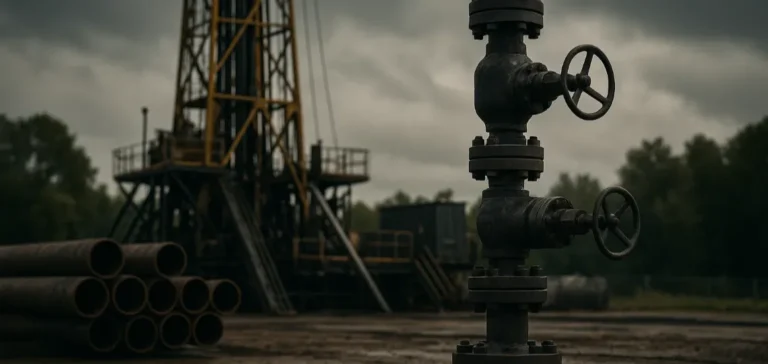Canadian company MCF Energy Ltd. announced an operational update regarding the Kinsau-1A well, located in the Lech region of Germany. The well builds on the existing infrastructure of the original Kinsau-1, first drilled in 1983 by Mobil, and aims to reassess local gas potential with updated technical methods.
Drilling teams first removed the mud and cement plugs present in the 13 3/8-inch casing installed during the initial drilling. This casing was then inspected using both mechanical tools and remote sensors. The analysis confirmed its integrity, both in terms of the steel and the bonding cement. A pressure test at 61 bars (885 psi) validated the casing’s ability to maintain the required seal and isolate shallow zones, particularly the groundwater layers.
Directional drilling and geological target
Following compliance testing, a directional drilling operation allowed re-entry from the old well to reach new geological sections. This process took several days before the drill bit advanced beyond the original borehole and began creating a new trajectory. The campaign’s objective is to reach the Purbeck carbonate Jurassic formation, identified as promising after a high-rate production test conducted by Mobil in 1983.
An independent water well was also drilled on-site to monitor any potential impact on surrounding freshwater resources. This monitoring will ensure that drilling activity does not affect the region’s shallow aquifers, which are considered strategic.
Strategic context for Germany
Although Germany remains heavily dependent on energy imports, reactivating domestic resources could contribute to diversifying supply. The potential development of local natural gas, such as that targeted by the Kinsau-1A project, aligns with energy security strategies in a volatile market context.






















